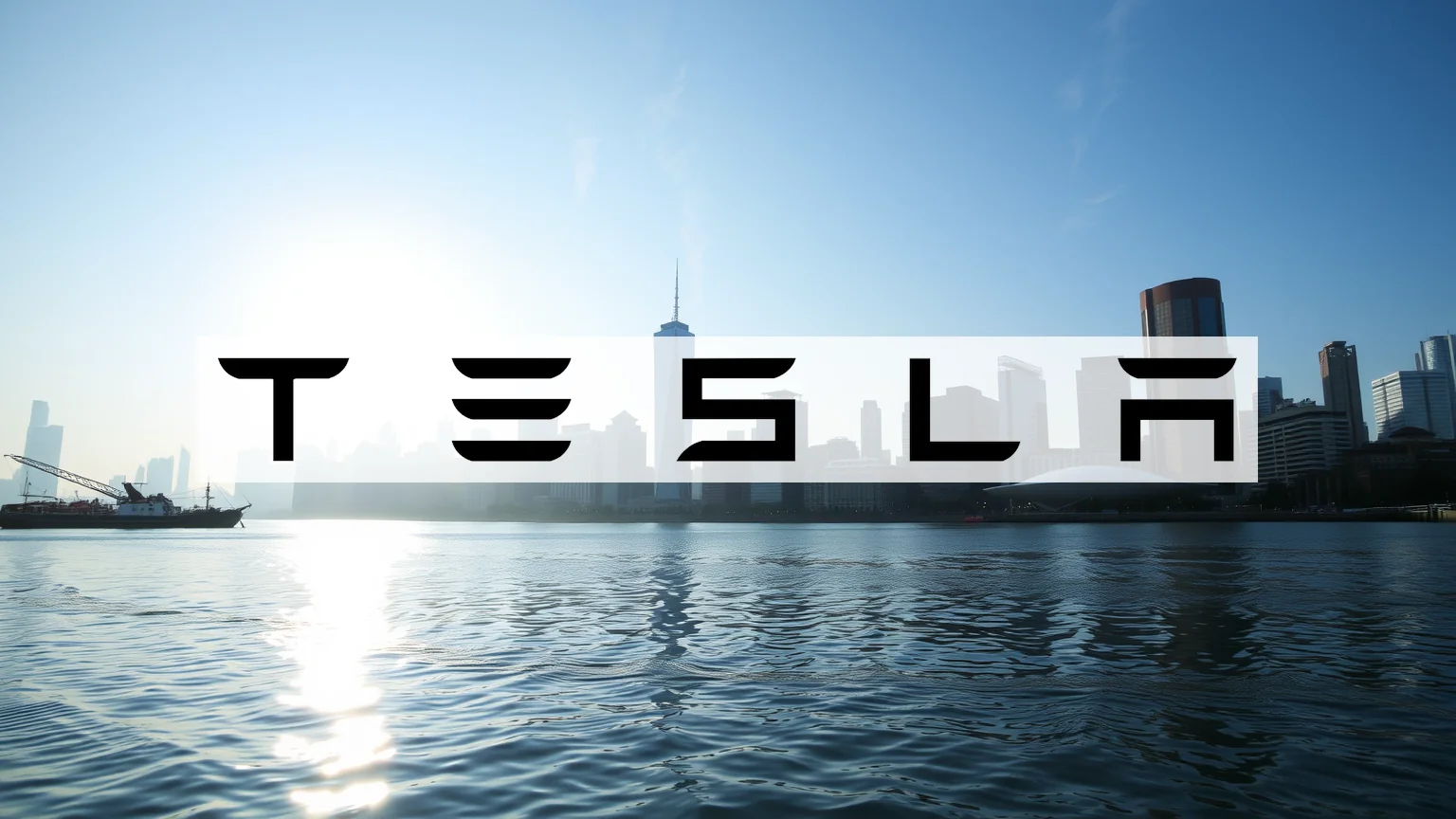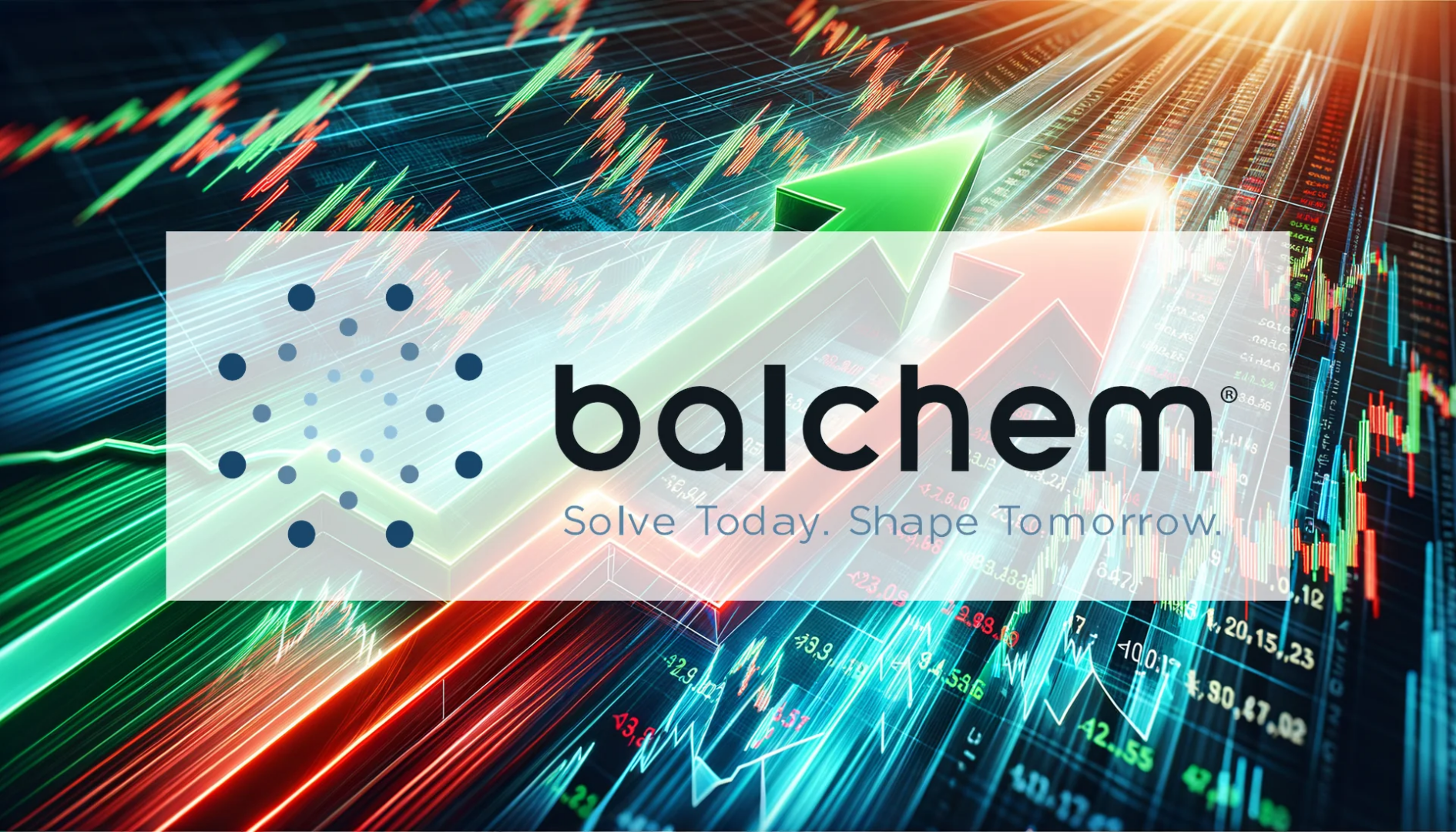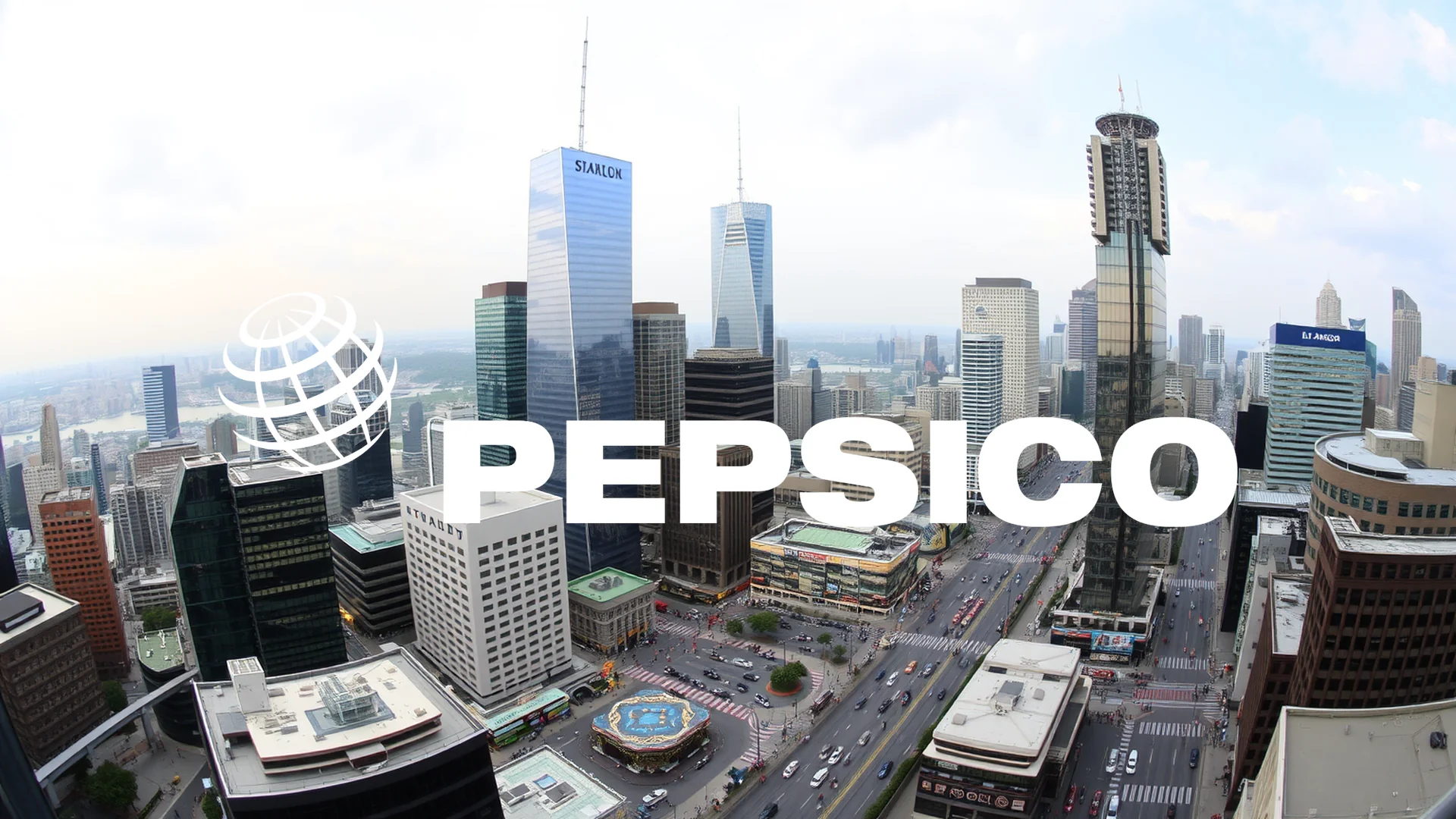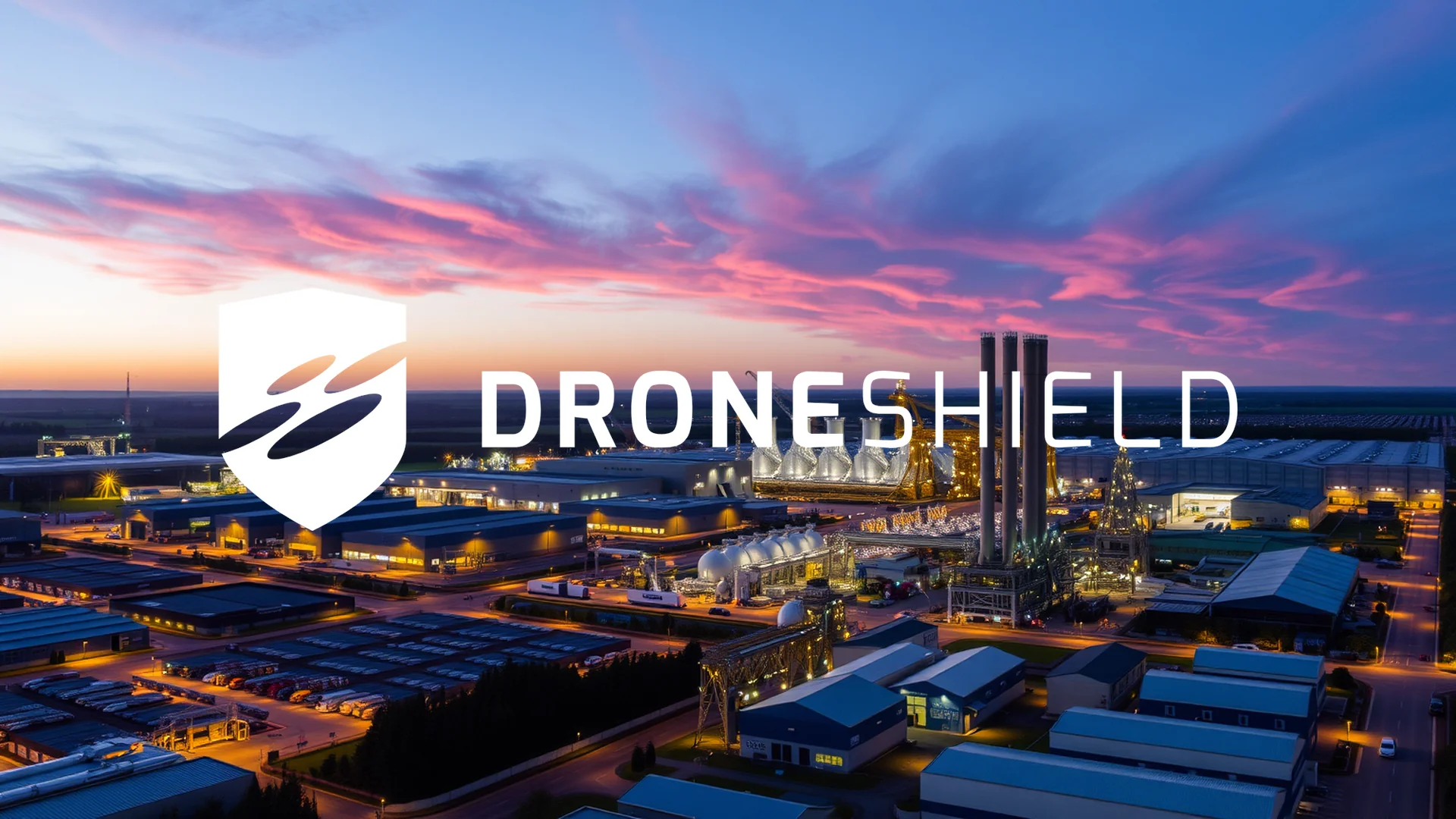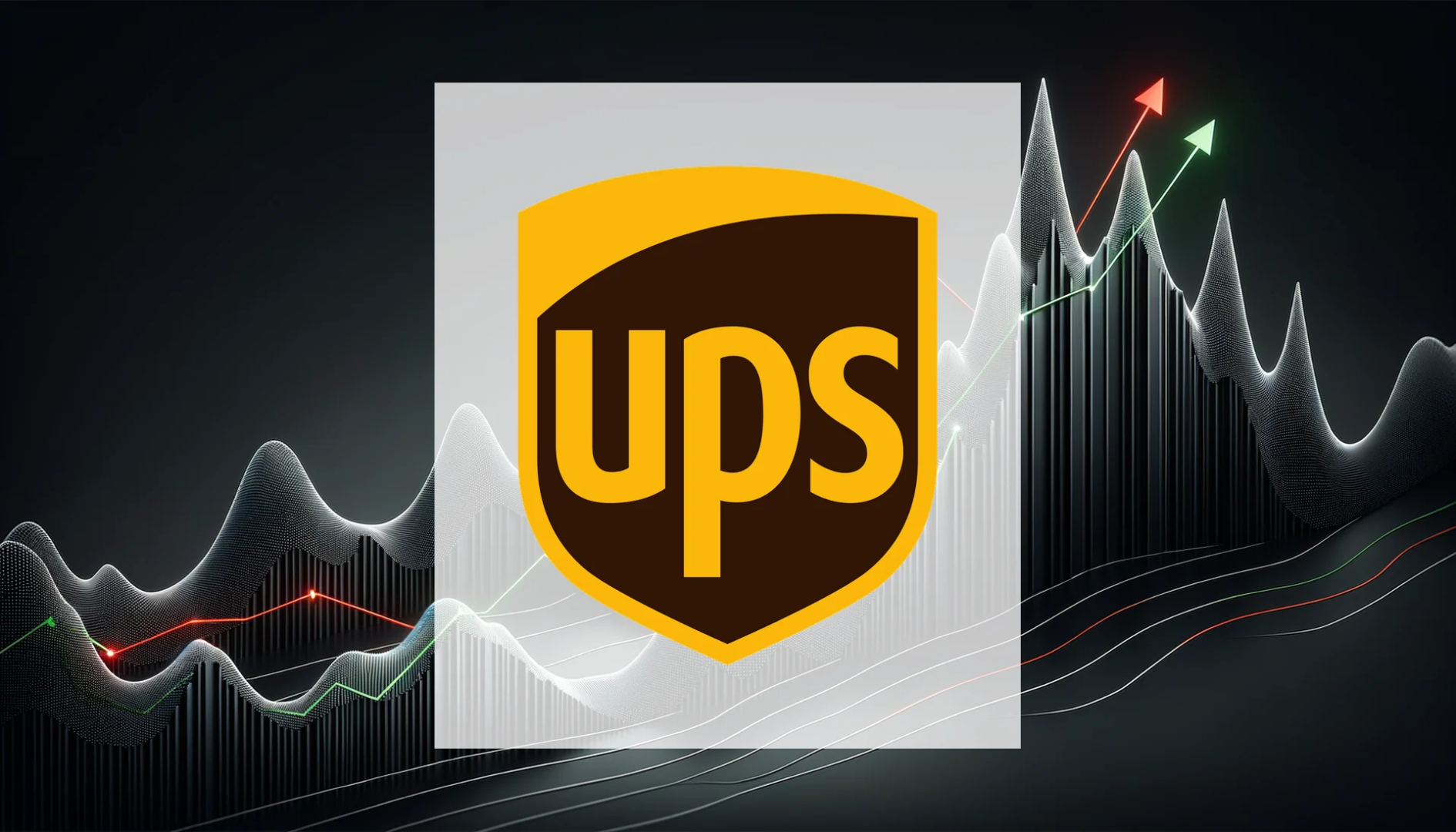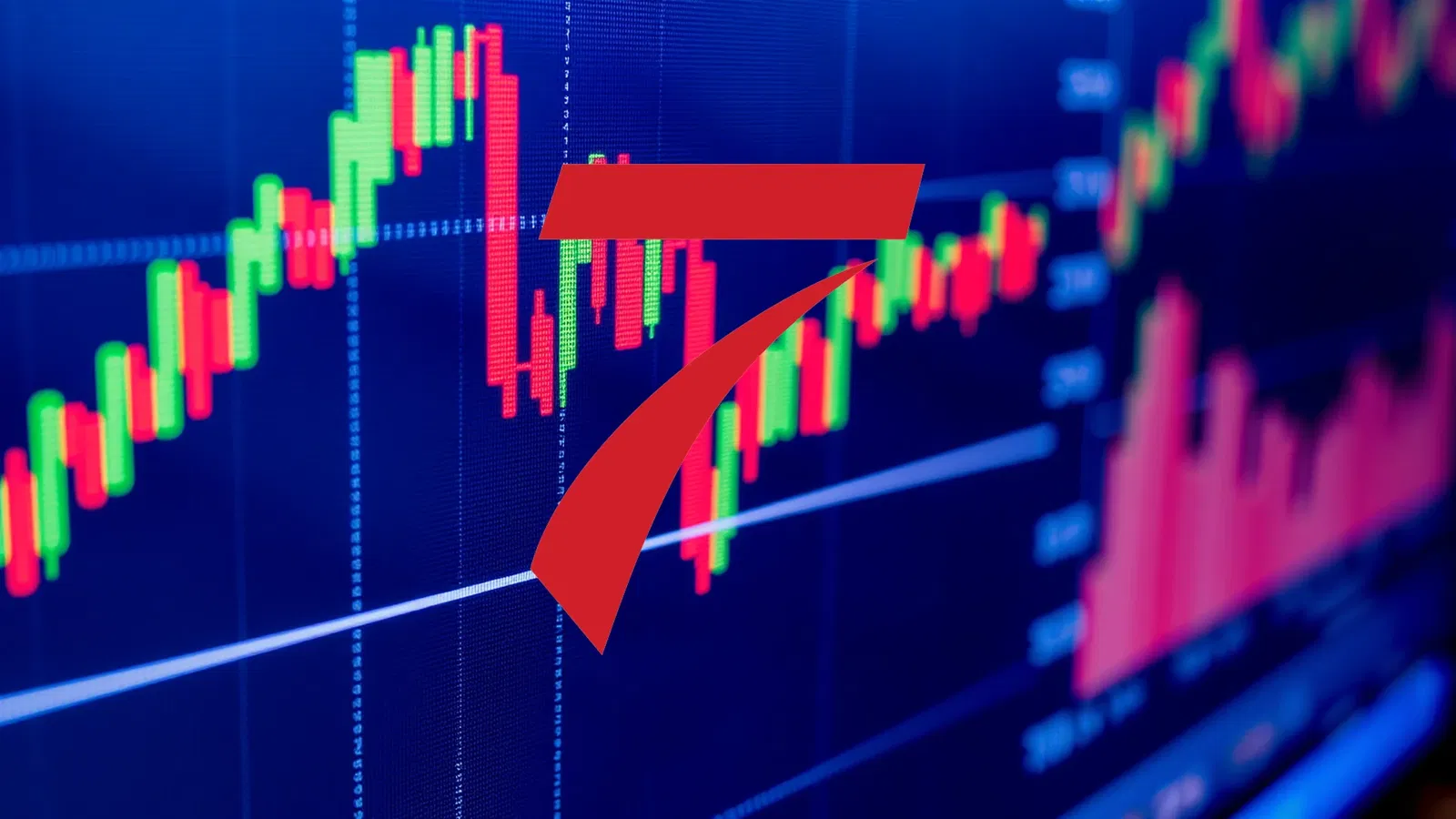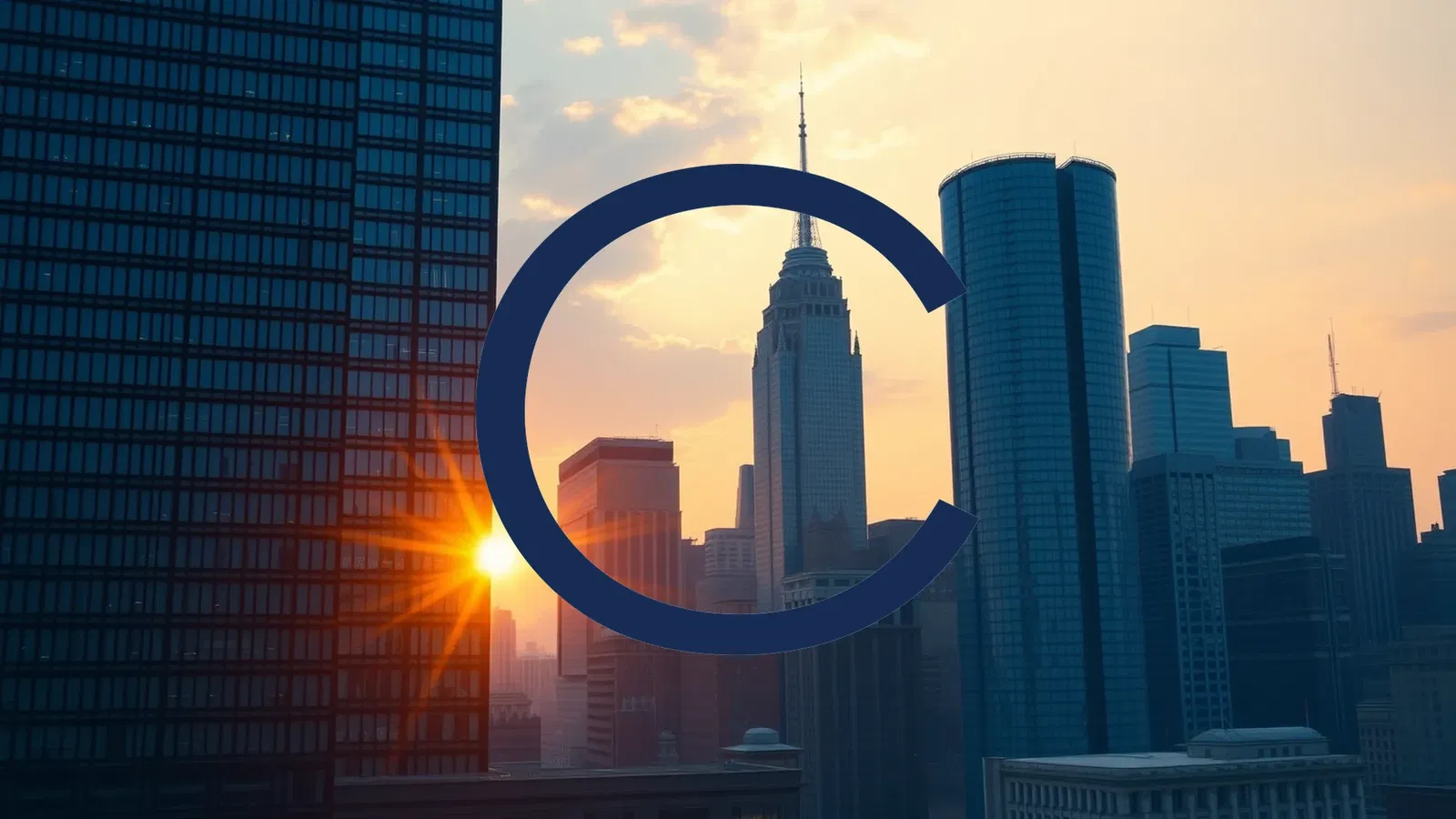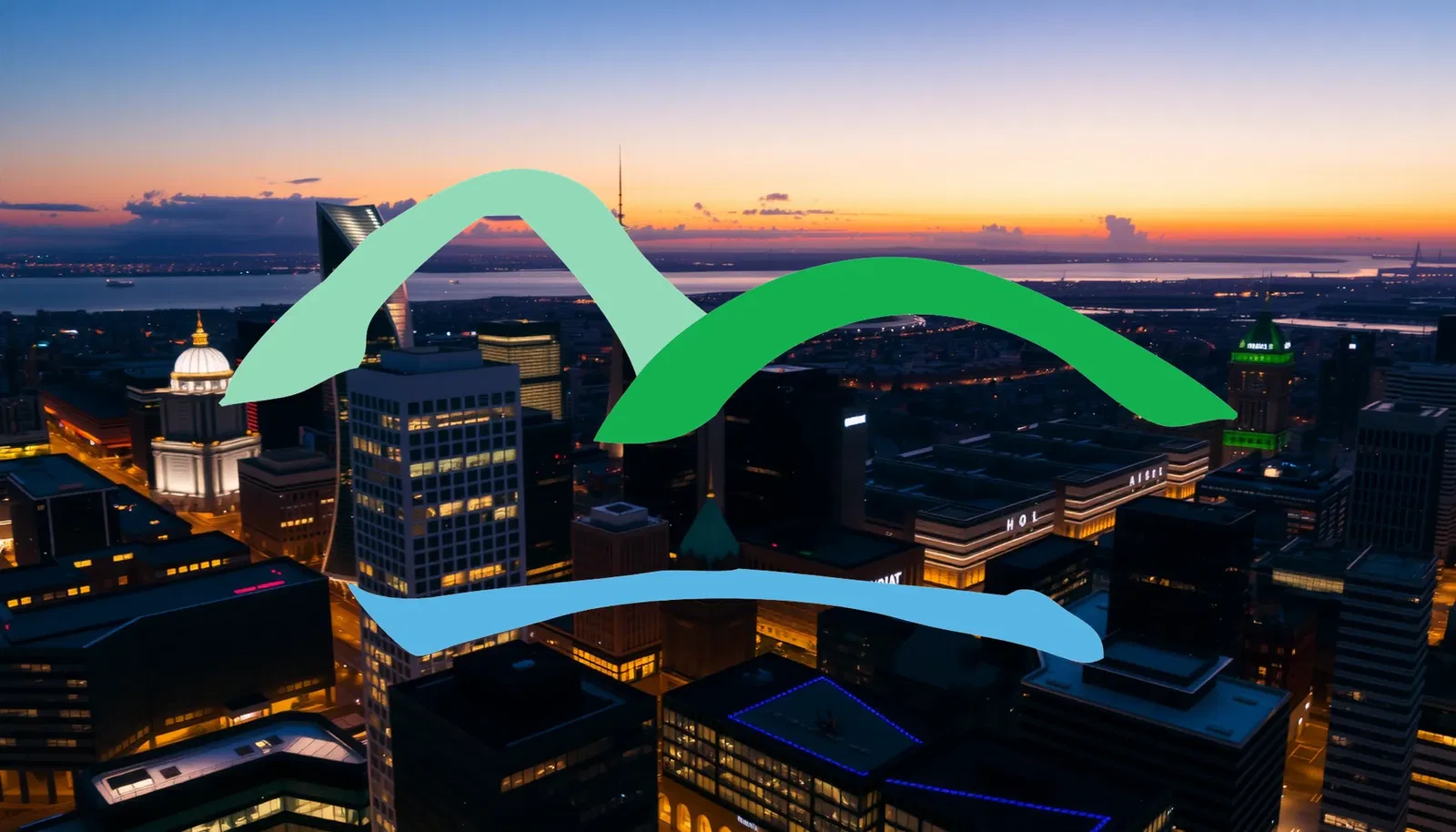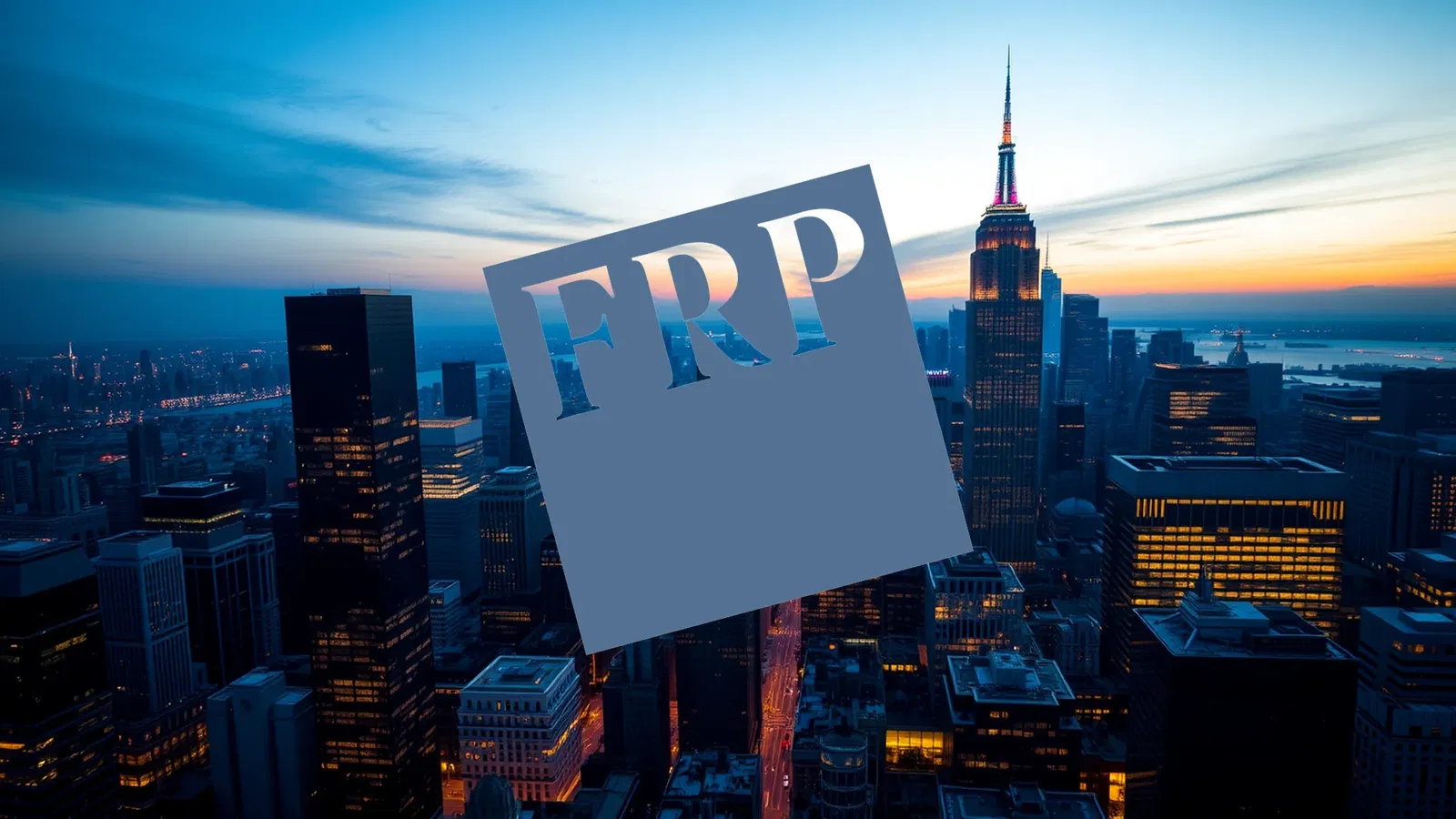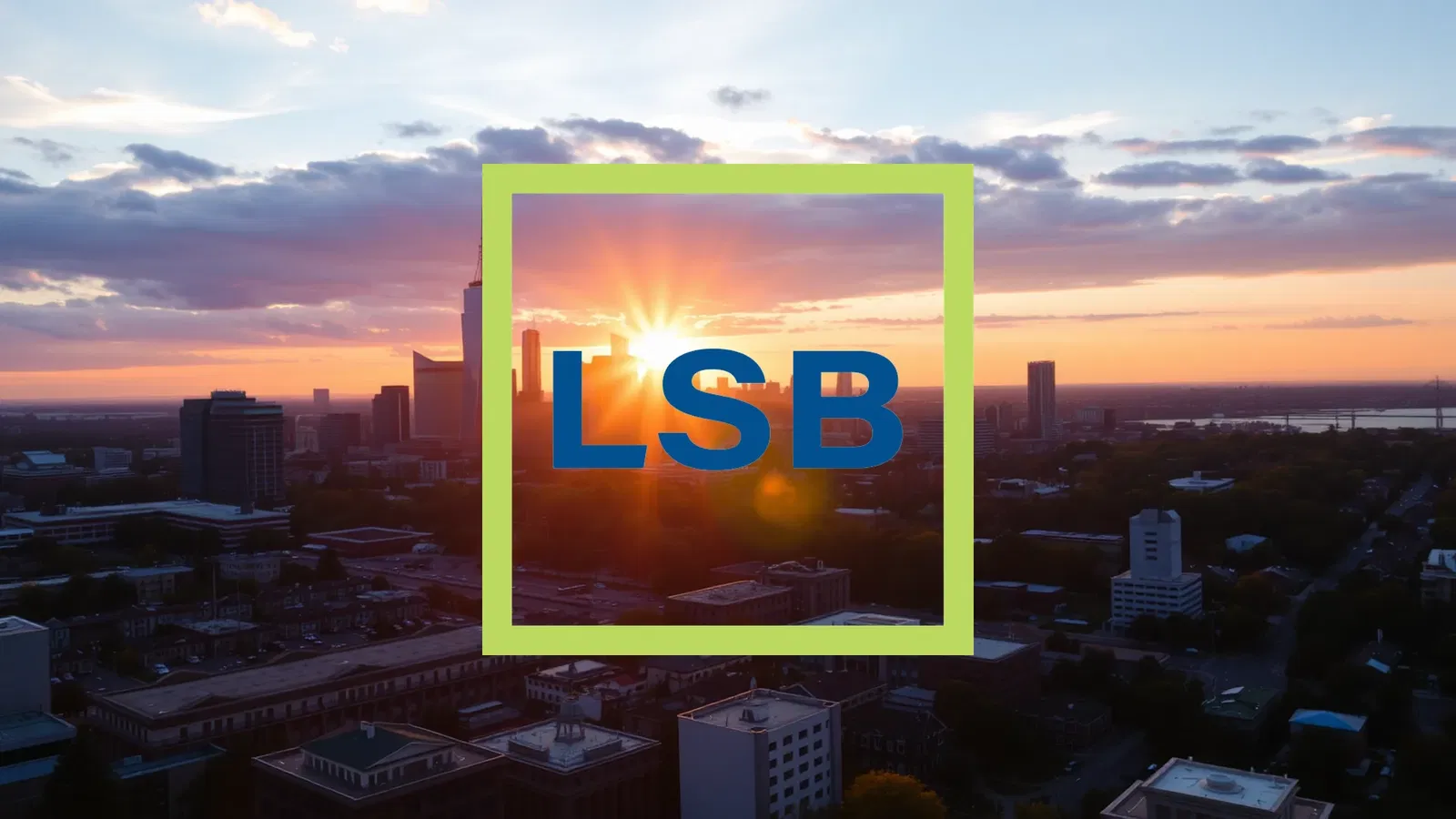Tesla’s latest ventures—a futuristic diner in West Hollywood and a murky robotaxi launch in San Francisco—have drawn attention but revealed operational cracks. The diner, plagued by three-hour waits, overwhelmed staff, and a non-autonomous robot handing out popcorn via remote control, has sparked neighborhood complaints over blinding LED displays and traffic chaos. Meanwhile, the robotaxi service, touted as autonomous, remains restricted by regulators, requiring safety drivers despite bold claims of nationwide expansion by 2025. These missteps contrast sharply with Tesla’s strategic wins: a $16.5 billion chip deal with Samsung and a $4.3 billion battery agreement with LG Energy Solution, both timed to sidestep potential U.S. tariffs.
Korean Deals Offset Regulatory Risks
While competitors grapple with tariff woes, Tesla has turned political turbulence into opportunity. The Samsung and LG partnerships, totaling over $20 billion, bolster its energy storage business—a critical hedge against slowing EV demand. Analysts note the deals position Tesla as a key player in semiconductors and batteries, even as flashy projects falter. The stock’s resilience may hinge on balancing spectacle with substance, as investors weigh regulatory hurdles against long-term supply chain advantages.
Ad
Tesla Stock: Buy or Sell?! New Tesla Analysis from February 7 delivers the answer:
The latest Tesla figures speak for themselves: Urgent action needed for Tesla investors. Is it worth buying or should you sell? Find out what to do now in the current free analysis from February 7.
Tesla: Buy or sell? Read more here...

